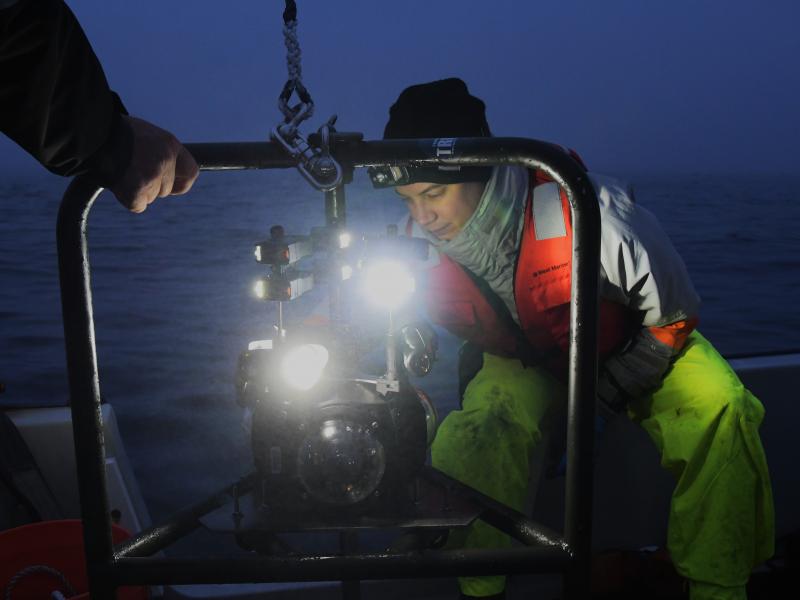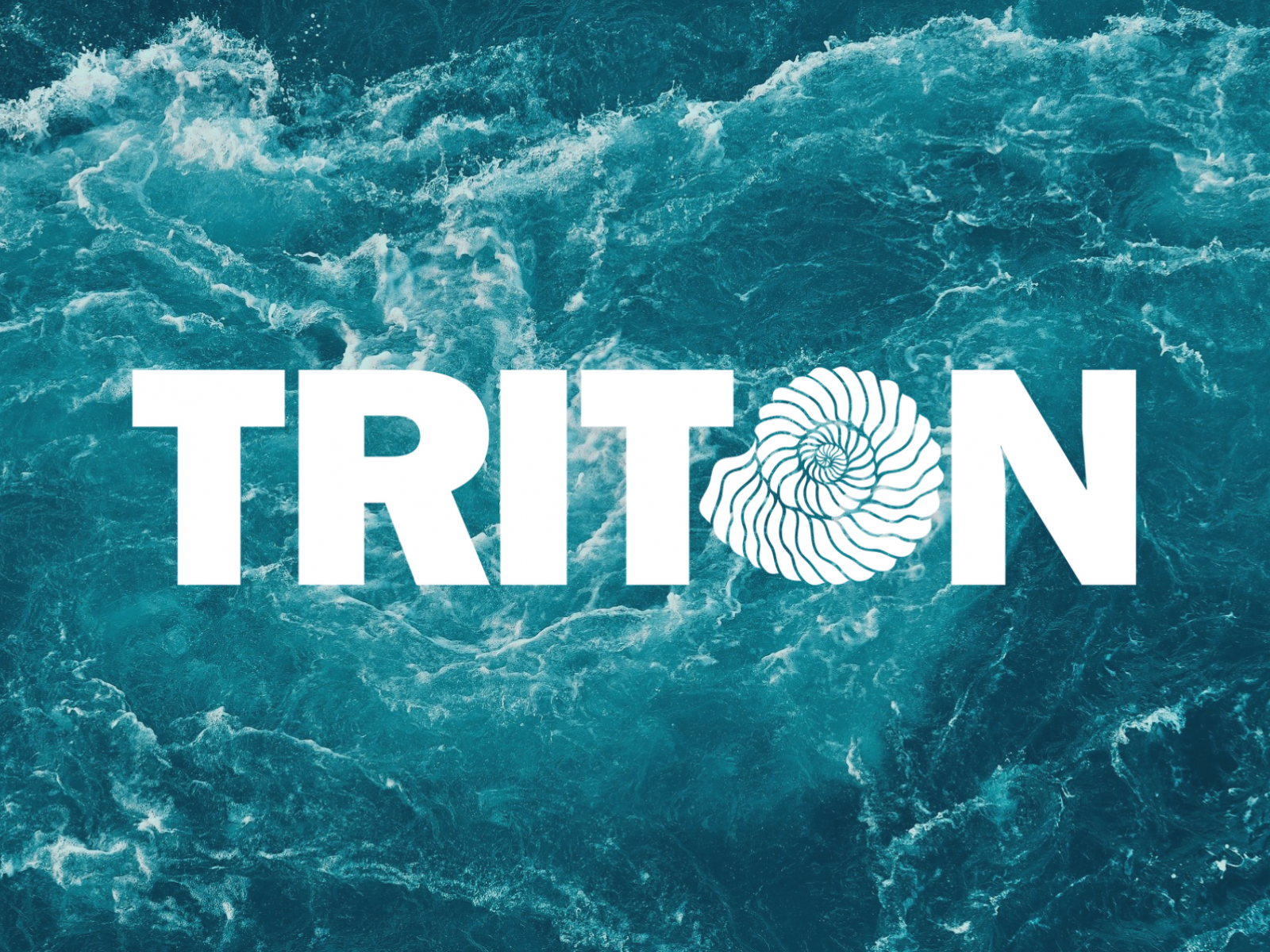
Triton
Triton aims to reduce barriers to deployment of marine energy devices through research and advancement of environmental monitoring tools and methodologies.

Triton aims to reduce barriers to deployment of marine energy devices through research and advancement of environmental monitoring tools and methodologies.

The Triton Initiative’s mission is to comprehensively assess the potential environmental effects of marine energy, reduce uncertainties regarding regulatory concerns, and facilitate confident decision-making based on empirical observations and data-driven science that supports the responsible advancement of marine energy technologies.

Marine energy is a broad term for harnessing the energy in the ocean's tides, waves, and currents as a consistent power source.
A key to the advancement and widespread use of this energy resource is understanding the possible environmental impacts of marine energy devices and arrays. Developing and testing environmental monitoring technologies provides relevant data on the potential environmental effects of marine energy systems to help the regulatory process move as smoothly as possible and responsibly progress the industry. To address these needs, the Department of Energy's Water Power Technologies Office developed the Triton Initiative, or Triton.
The Triton Initiative conducts numerous projects to research and develop technologies and methodologies for monitoring and advancing knowledge around potential environmental stressors as identified by regulators and the 2024 State of the Science Report. These stressors include underwater noise, marine animal interactions, changes in marine habitats, and more.
The research projects under the Triton Initiative range from monitoring fish behavior around tidal and riverine turbines to determining the best methods for characterizing underwater noise generated by marine energy devices to conducting lab-controlled experiments that investigate the physiological and behavioral impacts of acoustic emissions on marine mammals, fish, and invertebrates. With each project, Triton researchers strive to improve marine energy environmental monitoring and mitigation practices through testing and development, with the objective to reduce costs, inform developers and industry, and provide valuable data to inform the marine energy permitting processes. Triton's projects and innovative solutions aim to facilitate safe and sustainable deployment of marine energy devices.
| If just one-tenth of the available marine energy resources in the United States were utilized, it would equate to 5.7% of our nation’s current electricity generation—enough energy to power 22 million homes (U.S. Energy Information Administration 2020). |
|---|
Read Triton’s special issue of the Journal of Marine Science and Engineering, titled "Technology and Methods for Environmental Monitoring of Marine Renewable Energy."
